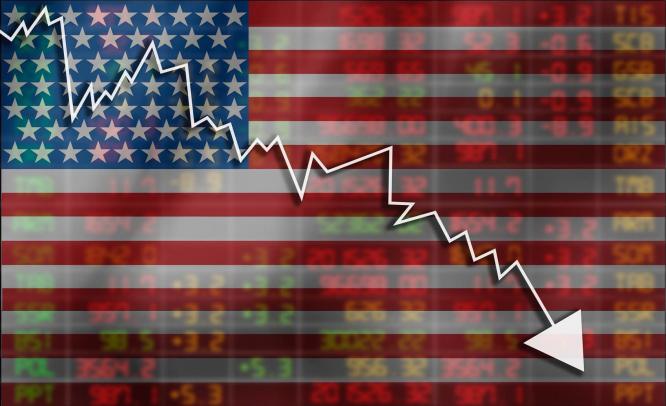WSJ survey reveals odds of a recession within next 12 months is about 21%
IFM Correspondent
October 24, 2016: Only a few weeks is left before the US chooses its 45th president. Historically, every US president elected till date has faced a recession or a recession-like scenario. A Wall Street Journal survey in June of more than 60 economists shows that the odds of a recession within the next 12 months are about 21%, a rise of two percentage points higher than the poll taken in April.
“If the next president is not going to have a recession, it will be a US record,” said Gad Levanon, chief economist for North America at the Conference Board in New York. In the United States, the unofficial beginning and ending dates of national economic expansions have been defined by National Bureau of Economic Research (NEBR), a private non-profit research organisation. The NBER defines expansion as a period when economic activity rises substantially, spreads across the economy, and typically lasts for several years.
It might be recalled that when President Barack Obama took office in January 2009, the nation was in midst of the Lehman crisis. When George W Bush started his tenure in 2001, he inherited a recession-like scenario.
The current economic expansion, which is 83-month-old, is already the fourth-longest in more than 150 years. According to studies, it is showing signs of wearing off. In fact, the history of cyclical expansion suggests that the odds are significantly better than 50-50 that the US will have a recession within the next three years. US’s real GDP growth is on a downward trend over the last four quarters, according to the US Bureau of Economic Analysis (BEA).
A lot will also depend on how Brexit unfolds. An unstable EU will affect US in more than one way. Exports, which have been a major contributor in the nation’s post 2008 economic recovery, has suffered in the past few years, thanks to slower growth in Europe. Brexit will only exacerbate this. Historically, the UK has acted as the main channel for US to express its political and economic will in Europe. With the UK out of the European Union, the US will find it harder to influence Europe.
Hence, many are of the belief that the US is overdue for a recession even if Clinton comes to power. According to a report in Yahoo, findings by Tax Foundation show that a Clinton presidency would reduce GDP by 1% over the long-term and cause a 0.7 percent drop in after-tax income for the top 10% of taxpayers.
However, Tom Elliott, deVere Group’s International Investment Strategist, does not foresee much change if Clinton wins. “Assuming Clinton wins, I don’t expect much change from current growth rates (between 1 and 1.5%). She will be under pressure to be ‘tough’ on foreign trade, so Pacific and European trade deals look vulnerable. But the positive effect of completing these is only long term.”

